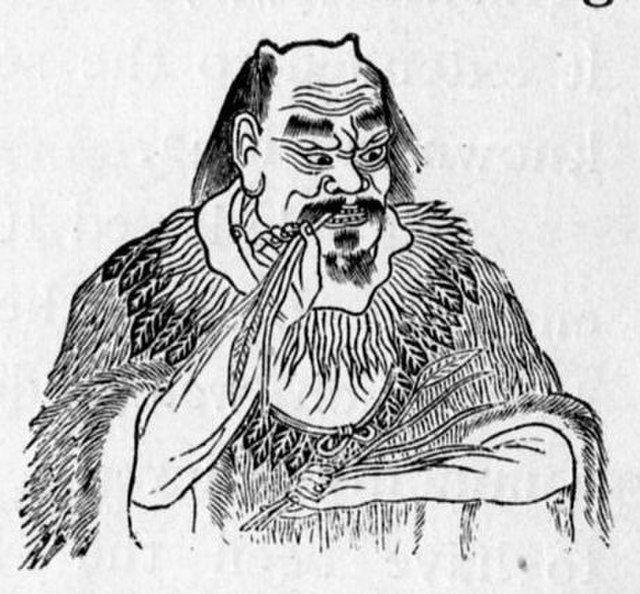Bigu is a Daoist fasting technique associated with achieving xian "transcendence; immortality". Grain avoidance is related to multifaceted Chinese cultural beliefs. For instance, bigu fasting was the common medical cure for expelling the sanshi 三尸 "Three Corpses", the malevolent, grain-eating spirits that live in the human body, report their host's sins to heaven every 60 days, and carry out punishments of sickness and early death. Avoiding "grains" has been diversely interpreted to mean not eating particular foodstuffs, or not eating any food (inedia). In the historical context of traditional Chinese culture within which the concept of bigu developed, there was great symbolic importance connected with the five grains and their importance in sustaining human life, exemplified in various myths and legends from ancient China and throughout subsequent history. The concept of bigu developed in reaction to this tradition, and within the context of Daoist philosophy.

Shennong tasting plants to discover their qualities
Shennong ploughing fields, Han Dynasty mural
Taoism or Daoism is a diverse tradition indigenous to China, variously characterized as both a philosophy and a religion. Taoism emphasizes living in harmony with the Tao—generally understood as being the impersonal, enigmatic process of transformation ultimately underlying reality. The concept originates in the Chinese word 道, which has numerous related meanings: possible English translations include 'way', 'road', and 'technique'. Taoist thought has informed the development of various practices within the Taoist tradition and beyond, including forms of meditation, astrology, qigong, feng shui, and internal alchemy. A common goal of Taoist practice is self-cultivation resulting in a deeper appreciation of the Tao, and thus a more harmonious existence. There are different formulations of Taoist ethics, but there is generally emphasis on virtues such as effortless action, naturalness or spontaneity, simplicity, and the three treasures of compassion, frugality, and humility. Many Taoist terms lack simple definitions and have been translated in several different ways.

Laozi Riding an Ox by Zhang Lu (c. 1464–1538)
Illustration of "The Debate on the Joy of Fish" from the Zhuangzi
Han dynasty Chinese talisman, part of the Wucheng Bamboo-slips [zh]
Zhang Daoling, the first Celestial Master





![Han dynasty Chinese talisman, part of the Wucheng Bamboo-slips [zh]](https://upload.wikimedia.org/wikipedia/commons/thumb/8/8d/Chinese_Fulu_talisman_han_dynasty_%E4%B9%8C%E7%A8%8B%E6%B1%89%E7%AE%80%E6%B5%99%E6%B1%9F%E5%87%BA%E5%9C%9F.jpg/441px-Chinese_Fulu_talisman_han_dynasty_%E4%B9%8C%E7%A8%8B%E6%B1%89%E7%AE%80%E6%B5%99%E6%B1%9F%E5%87%BA%E5%9C%9F.jpg)
